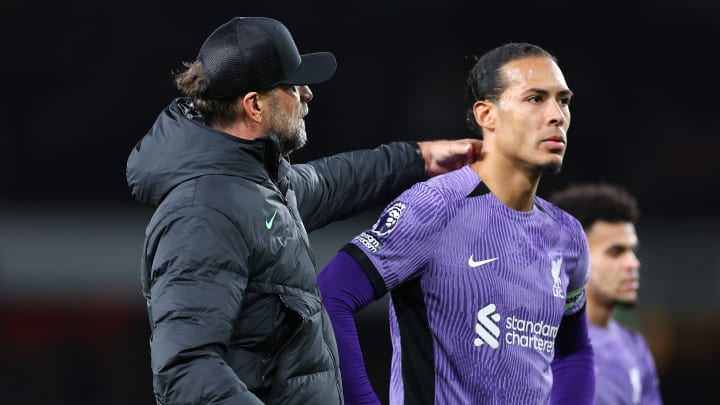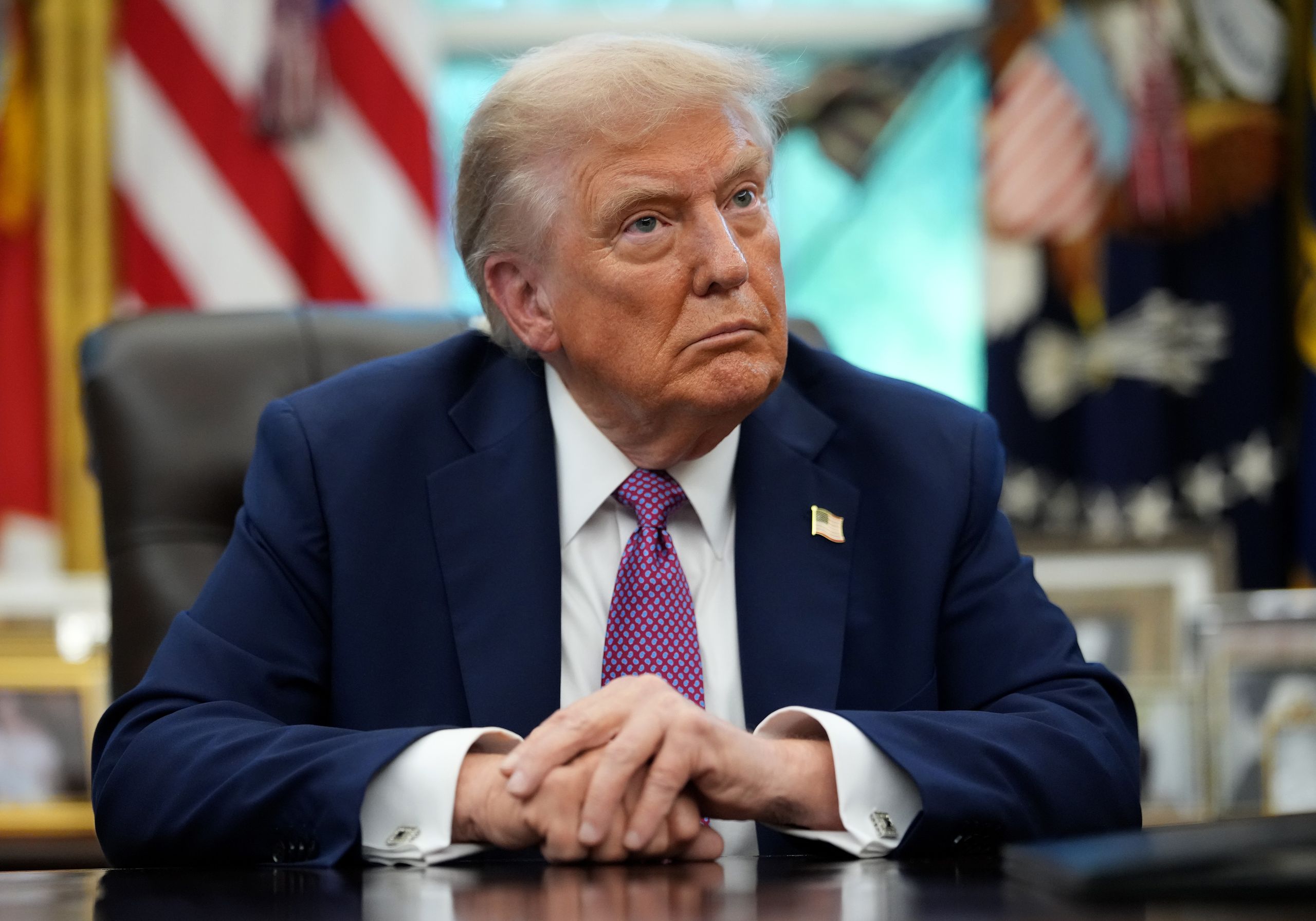VAR Controversies: Liverpool Unfairly Impacted, While Arsenal and Man Utd Reap Rewards

A recent report has identified Liverpool as the football club most affected by erroneous VAR decisions in the current season.
The Premier League's chief, Tony Scholes, is calling for enhancements to the VAR system, citing concerns about the frequency of checks during matches and the time it takes for these checks. He admits that these factors are affecting the overall fan experience.
The time taken to conduct an average check has been increasing since the most significant VAR mishap, which unfairly benefited Liverpool. That controversial incident was the authorization of Luis Diaz's goal in a match against Tottenham back in September. According to ESPN, Liverpool has borne the brunt of VAR errors in the worst way.
There have been approximately 20 VAR errors in the current season, including instances of wrongful overturns, referees dismissing VAR suggestions inappropriately, and outright missed calls. Liverpool has faced adverse outcomes from four such mistakes.
Brighton & Hove Albion and Wolverhampton Wanderers have both been at the receiving end of three wrongful decisions, while Arsenal experienced two overlooked calls. Eight other clubs have been affected by one wrongful call this season.
Looking at the teams that have conversely been aided by VAR mistakes, Aston Villa tops the list, having gained from three errors in its favour.
Similarly, Arsenal, Manchester United, Newcastle United, and Nottingham Forest all benefited from two VAR errors apiece.
'Ensuring match officials remain up to par with the ongoing improvements and advancements of footballers and coaches is crucial,' said Scholes. 'Continuous advancement is a necessity. I understand from my club experience how costly even one error can be, both to clubs and individuals.'
'We within the league and refereeing communities must remember the importance of development and progress in this field. We want a world where factual errors are eliminated and subjective errors are lowered.'
Scholes further highlighted the need for transparency and integrity within the VAR system, asserting that it should be self-evident and instill confidence in the people.




